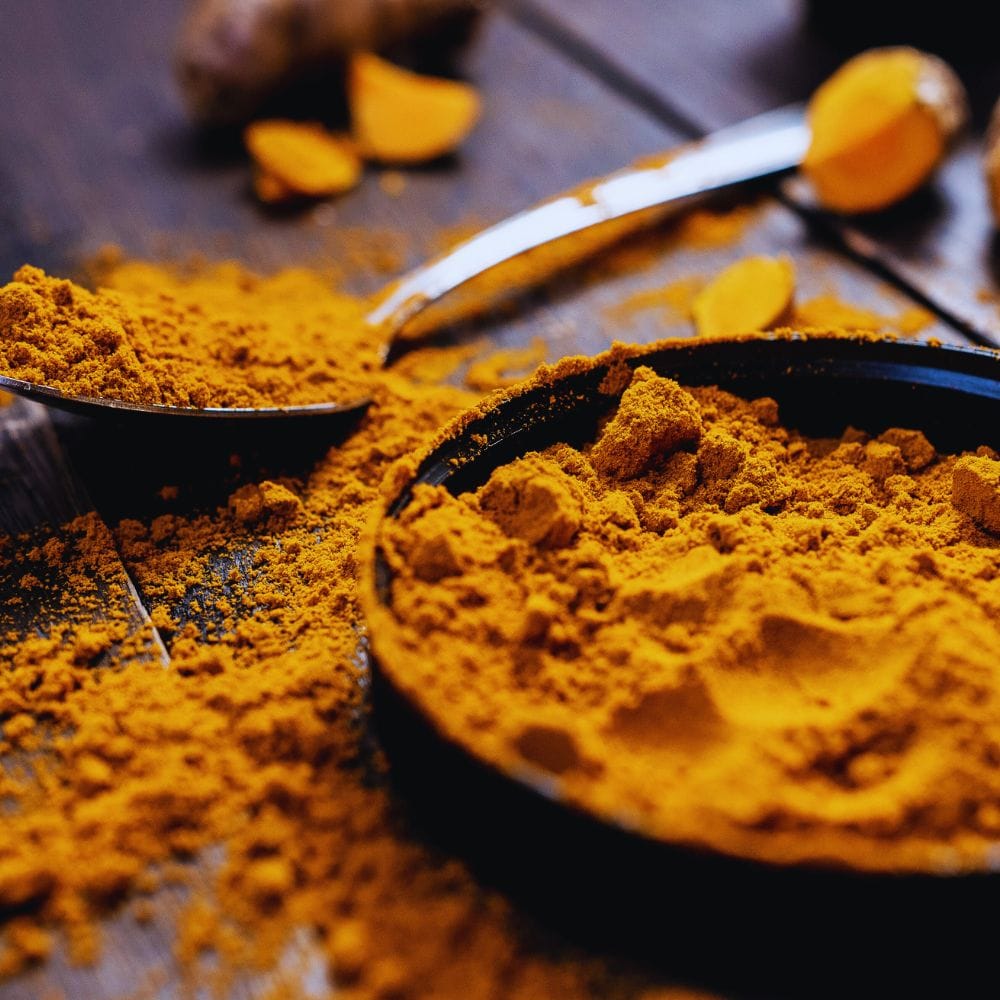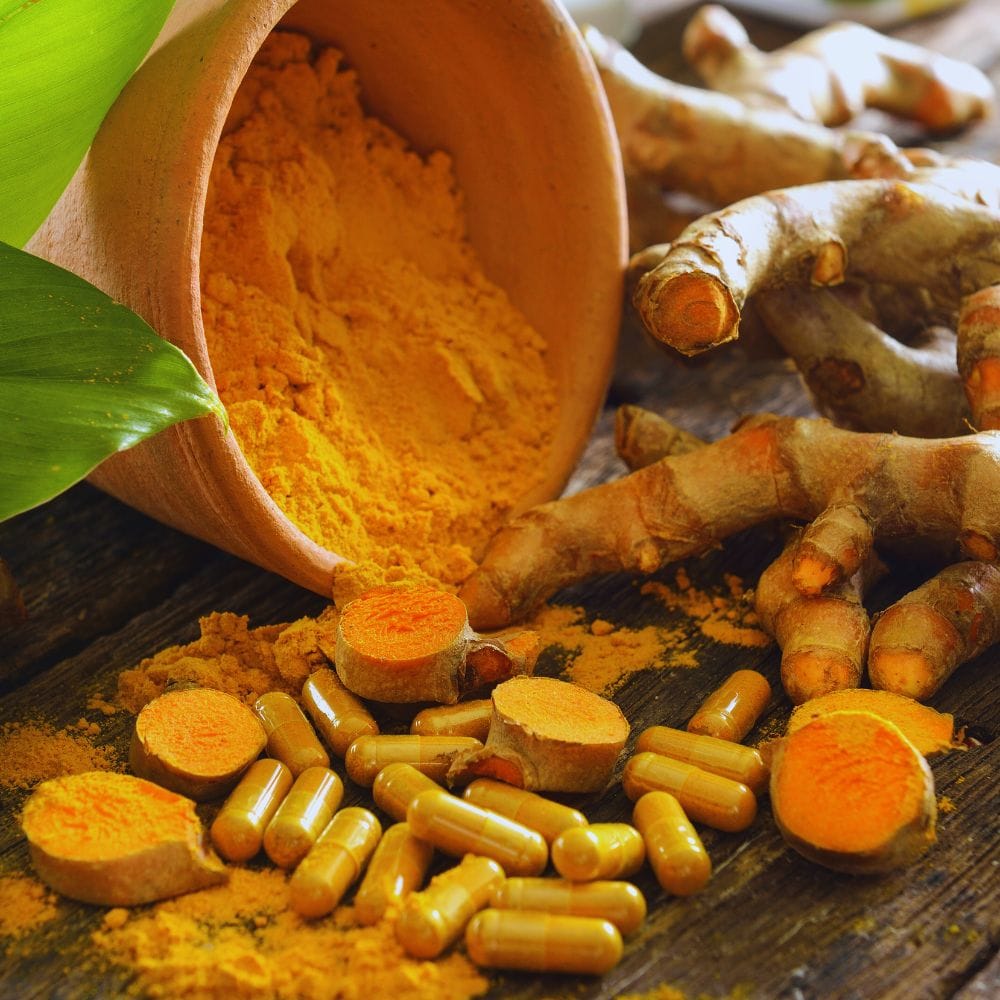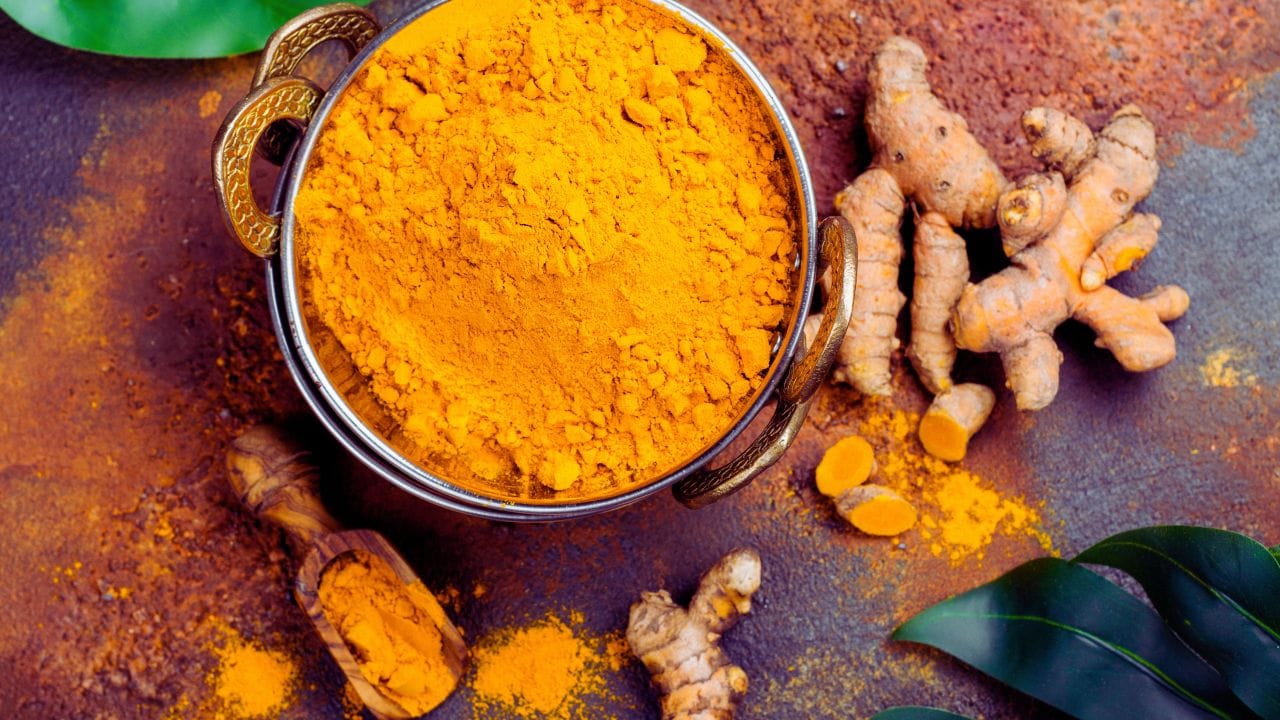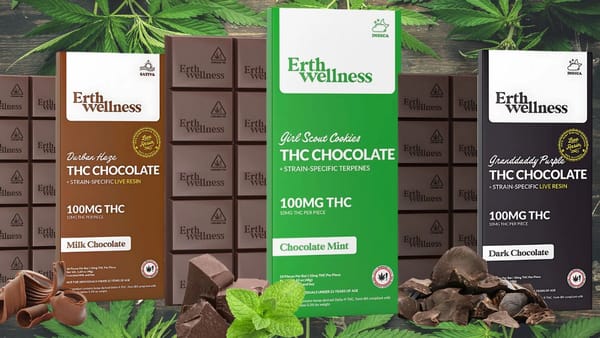Key Takeaways:
- Turmeric, particularly its active compound curcumin, offers a wide range of health benefits, from reducing inflammation to potentially affecting cancer growth.
- Curcumin supplements and extracts are gaining popularity due to their antioxidant properties and potential in alternative and complementary medicine.
- Despite its benefits, turmeric's bioavailability is a challenge, often requiring additional components like black pepper to enhance absorption.
Introduction to Turmeric
Turmeric, a vibrant yellow spice derived from the Curcuma longa plant, has been a staple in traditional medicine for centuries. Known for its distinct flavor and color, turmeric is not just a culinary delight but a powerhouse of health benefits. The active compound in turmeric, curcumin, is the star player, offering a plethora of advantages that modern science is beginning to unravel.
In recent years, the interest in turmeric has skyrocketed, with curcumin supplements becoming a popular choice for those seeking natural remedies. This surge in popularity is not without reason; the health benefits of turmeric are supported by numerous studies and research, making it a promising candidate in the field of alternative and complementary medicine.

The Science Behind Curcumin
Curcumin, the active ingredient in turmeric, is renowned for its anti-inflammatory properties. It plays a crucial role in reducing inflammation, which is a common denominator in many chronic diseases. From rheumatoid arthritis to inflammatory bowel disease, curcumin's ability to modulate inflammatory pathways is well-documented.
However, the challenge with curcumin lies in its bioavailability. The body struggles to absorb curcumin efficiently, which is why many curcumin supplements include black pepper. Piperine, an active compound in black pepper, enhances curcumin absorption, making it more effective in delivering its health benefits.
Turmeric and Cancer Treatment
One of the most intriguing areas of research is turmeric’s potential role in cancer treatment. Studies suggest that curcumin may affect cancer growth by interfering with various molecular pathways involved in cancer development. One study indicates that curcumin could lead to a significant reduction in the number of lesions associated with colorectal cancer in men. Its antioxidant properties help neutralize free radicals, reducing oxidative stress and potentially inhibiting the growth of cancerous cells.
While the results are promising, more research is needed to fully understand curcumin’s effects on cancer. Randomized clinical trials and placebo-controlled trials are essential to establish its efficacy and safety as a complementary therapy in cancer treatment.

Turmeric's Role in Heart Health
Heart disease remains a leading cause of death worldwide, and turmeric may offer some protective effects. Curcumin's ability to improve the function of the endothelium, the lining of blood vessels, is a significant factor in its cardiovascular benefits. By enhancing endothelial function, curcumin helps regulate blood pressure and reduce the risk of heart disease.
Moreover, curcumin's antioxidant properties contribute to a healthier blood lipid profile, potentially lowering the risk of heart-related issues. Incorporating turmeric into your diet, whether through curry powder or turmeric tea, could be a heart-friendly choice.

Turmeric and Brain Health
Curcumin's impact on brain health is another area garnering attention. It has been shown to increase levels of brain-derived neurotrophic factor (BDNF), a protein that supports the survival of existing neurons and encourages the growth of new ones. This is particularly beneficial in combating mood disorders and metabolic brain diseases.
Additionally, curcumin's anti-inflammatory properties may help reduce brain inflammation, a factor linked to Alzheimer's disease and other neurodegenerative conditions. While animal studies and pharmacological research provide promising insights, human volunteers are needed to confirm these findings.

Digestive Health and Turmeric
Turmeric has long been used in traditional medicine to support digestive health. Its anti-inflammatory properties can alleviate symptoms of irritable bowel syndrome and ulcerative colitis, providing relief from abdominal pain and discomfort. Curcumin's ability to reduce inflammation in the digestive system makes it a valuable ally for those with chronic digestive issues.
Moreover, turmeric's potential to improve gut health is supported by food research, which highlights its role in maintaining a healthy gut microbiome. Eating turmeric or taking turmeric supplements could be a natural way to support digestive wellness.

Turmeric and Joint Health
Joint pain and inflammation are common complaints, especially among those with knee osteoarthritis. Curcumin's anti-inflammatory properties make it a popular choice for managing joint pain. Studies have shown that curcumin supplements can provide relief comparable to some over-the-counter pain medications, without the associated side effects.
For those with rheumatoid arthritis, curcumin's ability to reduce inflammation and pain is particularly beneficial. Incorporating turmeric into your diet or using curcumin extracts can be a natural way to support joint health and mobility.
Turmeric's Impact on Mood Disorders
Mood disorders, including depression and anxiety, are prevalent mental health issues. Curcumin's potential to boost BDNF levels and its anti-inflammatory properties make it a promising candidate for managing these conditions. Some studies suggest that curcumin supplements can enhance mood and alleviate symptoms of depression.
While the research results are encouraging, more studies are needed to fully understand curcumin's impact on mood disorders. As an alternative therapy, turmeric offers a natural approach to mental health support.
Enhancing Curcumin's Bioavailability
One of the challenges with curcumin is its low bioavailability, meaning the body absorbs it poorly. To overcome this, many curcumin supplements include piperine, an active compound in black pepper, which enhances absorption. This combination significantly increases curcumin's effectiveness, allowing the body to reap its full benefits.
For those looking to incorporate turmeric into their diet, using ground turmeric with a pinch of black pepper can enhance its absorption. This simple addition can make a significant difference in curcumin's health potential.

Turmeric and Metabolic Health
Curcumin's role in metabolic health is gaining attention, particularly in managing blood sugar levels and improving insulin sensitivity. Its anti-inflammatory and antioxidant properties contribute to better metabolic function, making it a valuable dietary supplement for those with metabolic disorders.
Animal studies and molecular nutrition research suggest that curcumin may help regulate metabolic pathways, offering protective effects against metabolic diseases. While more research is needed, the potential benefits of dietary curcumin are promising.
Turmeric in Traditional Medicine
Turmeric has been a cornerstone of traditional medicine systems like Ayurvedic medicine for centuries. Its use in treating various health conditions, from digestive issues to skin problems, highlights its versatility and therapeutic potential. The active compound, curcumin, is often used in alternative medicine practices for its healing properties.
As modern science continues to explore turmeric's benefits, its role in traditional medicine remains a testament to its enduring value. Whether used as a spice or a supplement, turmeric's ability to support health and wellness is undeniable.
Turmeric and Skin Health
The antioxidant properties of curcumin make it a popular choice for skin health. Its ability to neutralize free radicals helps protect the skin from damage and aging. Additionally, curcumin's anti-inflammatory properties can soothe skin conditions like acne and eczema, providing relief from redness and irritation.
Incorporating turmeric into skincare routines, whether through topical applications or dietary intake, can enhance skin health and appearance. The protective effects of curcumin make it a valuable addition to any skincare regimen.

Turmeric and Liver Health
The liver plays a crucial role in detoxifying the body, and turmeric may offer support in this process. Curcumin's antioxidant properties help protect the liver from damage caused by toxins and free radicals. Its ability to reduce inflammation also supports liver health, making it a valuable ally in maintaining liver function.
For those with liver conditions or seeking to support liver health, incorporating turmeric into the diet or taking curcumin supplements can be beneficial. The protective effects of curcumin make it a natural choice for liver support.

Turmeric and Respiratory Health
Respiratory health is another area where turmeric shows promise. Its anti-inflammatory properties can help alleviate symptoms of respiratory conditions like asthma and bronchitis. Curcumin's ability to reduce inflammation in the airways provides relief from breathing difficulties and improves overall respiratory function.
For those with chronic respiratory issues, turmeric's potential benefits make it a valuable addition to their health regimen. Whether through dietary intake or supplements, turmeric offers a natural approach to supporting respiratory health.
Turmeric and Immune Support
A robust immune system is essential for overall health, and turmeric may play a role in enhancing immune function. Curcumin's antioxidant properties help protect the body from oxidative stress, supporting immune health. Its anti-inflammatory effects also contribute to a balanced immune response, reducing the risk of chronic inflammation.
Incorporating turmeric into your diet or taking curcumin supplements can provide immune support, helping the body fend off infections and illnesses. The health benefits of turmeric make it a valuable addition to any wellness routine.

Turmeric and Weight Management
Weight management is a common health goal, and turmeric may offer support in this area. Curcumin's ability to regulate metabolic pathways and improve insulin sensitivity can aid in weight management efforts. Its anti-inflammatory properties also contribute to better metabolic health, supporting weight loss and maintenance.
For those seeking natural ways to manage weight, incorporating turmeric into the diet or taking curcumin supplements can be beneficial. The potential benefits of turmeric in weight management make it a valuable tool in achieving health goals.
Summary
Turmeric, with its active compound curcumin, offers a wide range of health benefits, from reducing inflammation to supporting heart and brain health. Its role in traditional medicine and modern research highlights its therapeutic potential. While challenges like bioavailability exist, solutions such as combining turmeric with black pepper enhance its effectiveness. As more research unfolds, turmeric's place in health and wellness continues to grow, offering a natural approach to supporting overall well-being.
As always, consult with your physician before starting any new supplement regimen to check about potential interactions with other supplements or medications. The information presented in this document is purely for educational purposes and should not be construed as medical advice.
While every effort has been made to ensure the accuracy and reliability of the information provided, all health-related decisions should be made in consultation with a qualified healthcare professional. The author does not take any liability for the health decisions made by the reader.
Good Guru Reviews may collect a share of sales or other compensation from the links on this page if you decide to buy something (at no additional cost to you, that's how we stay in business).
FAQ
What are the major benefits of turmeric for the body?
Turmeric offers numerous benefits, including reducing inflammation, supporting heart and brain health, and potentially affecting cancer growth. Its antioxidant properties help protect the body from oxidative stress, contributing to overall wellness.
How can I improve the bioavailability of curcumin?
To enhance curcumin's absorption, combine it with black pepper, which contains piperine. This combination significantly increases the curcumin extract bioavailability, allowing the body to absorb it more effectively.
Are there any side effects of taking turmeric supplements?
While turmeric is generally safe, high doses of a curcumin supplement may cause digestive issues or interact with medications like blood thinners. It's advisable to consult a healthcare professional before starting any new supplement regimen.










